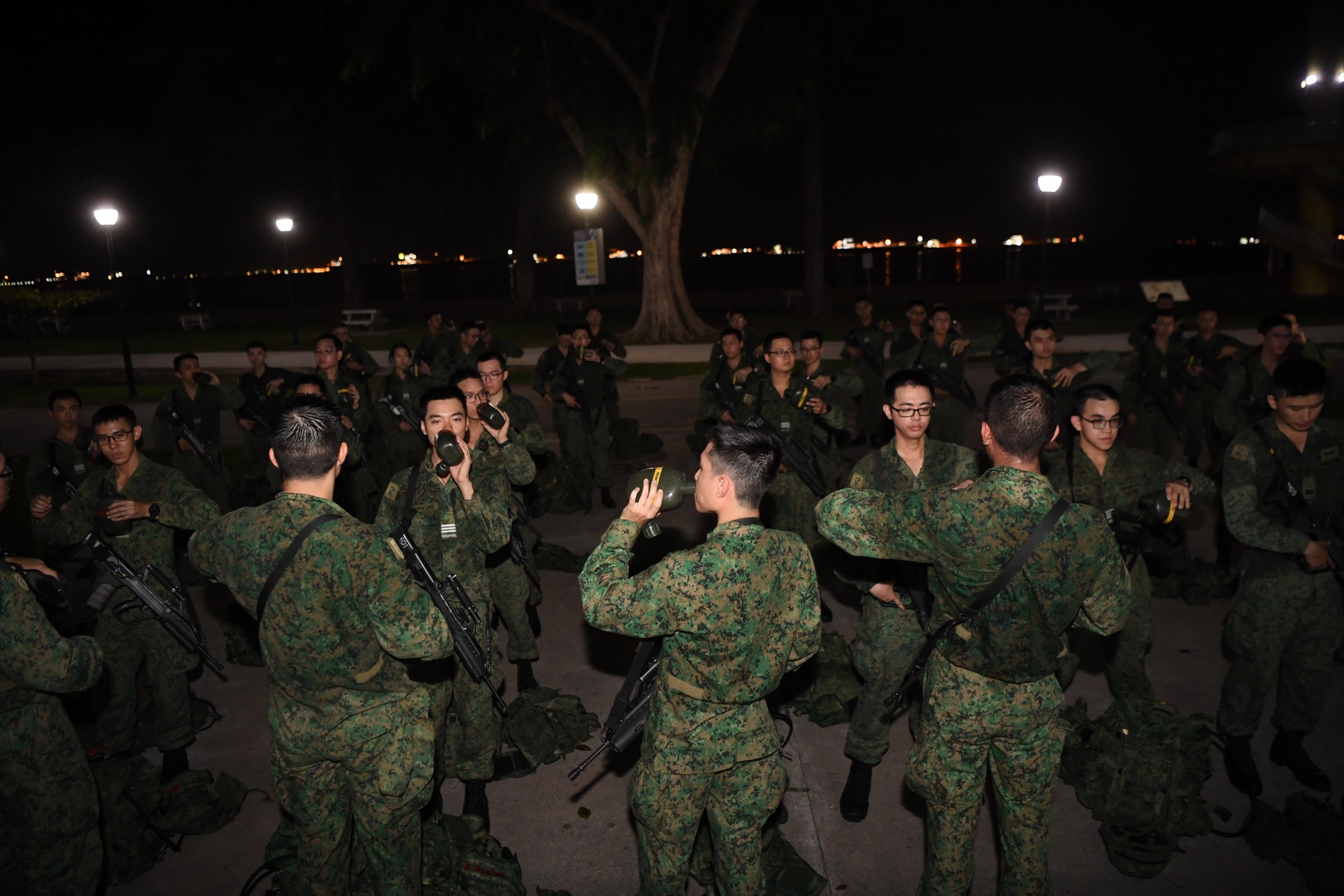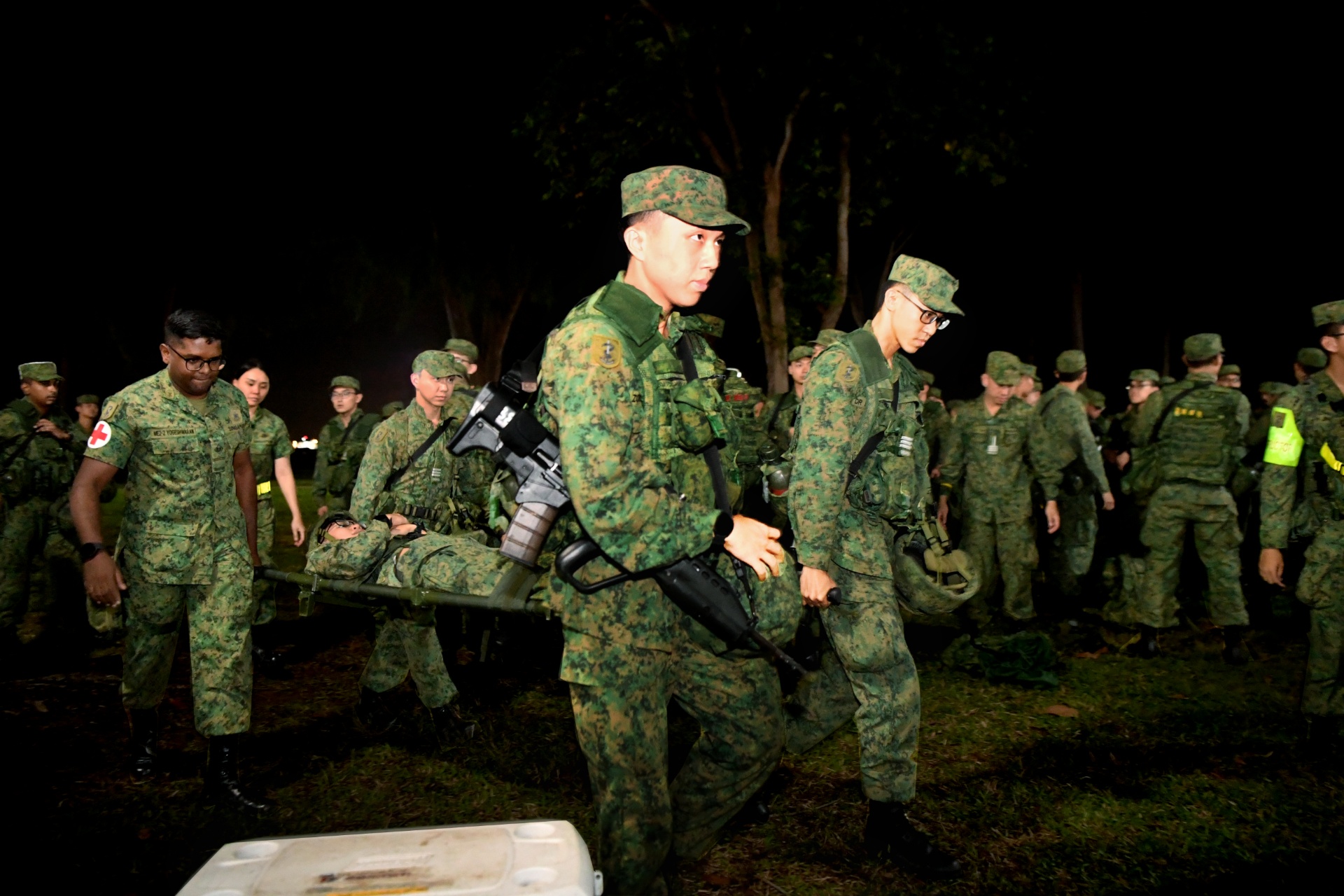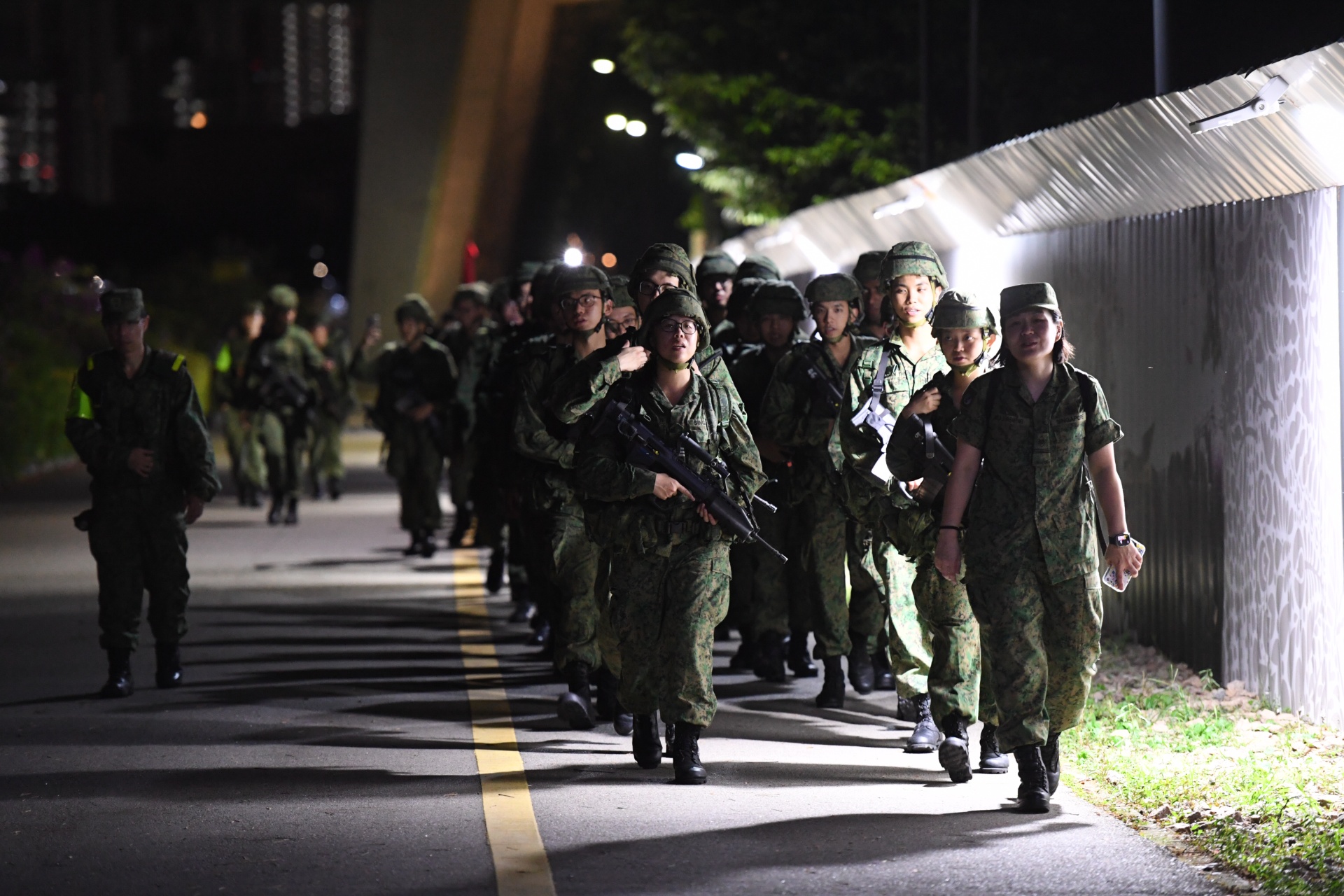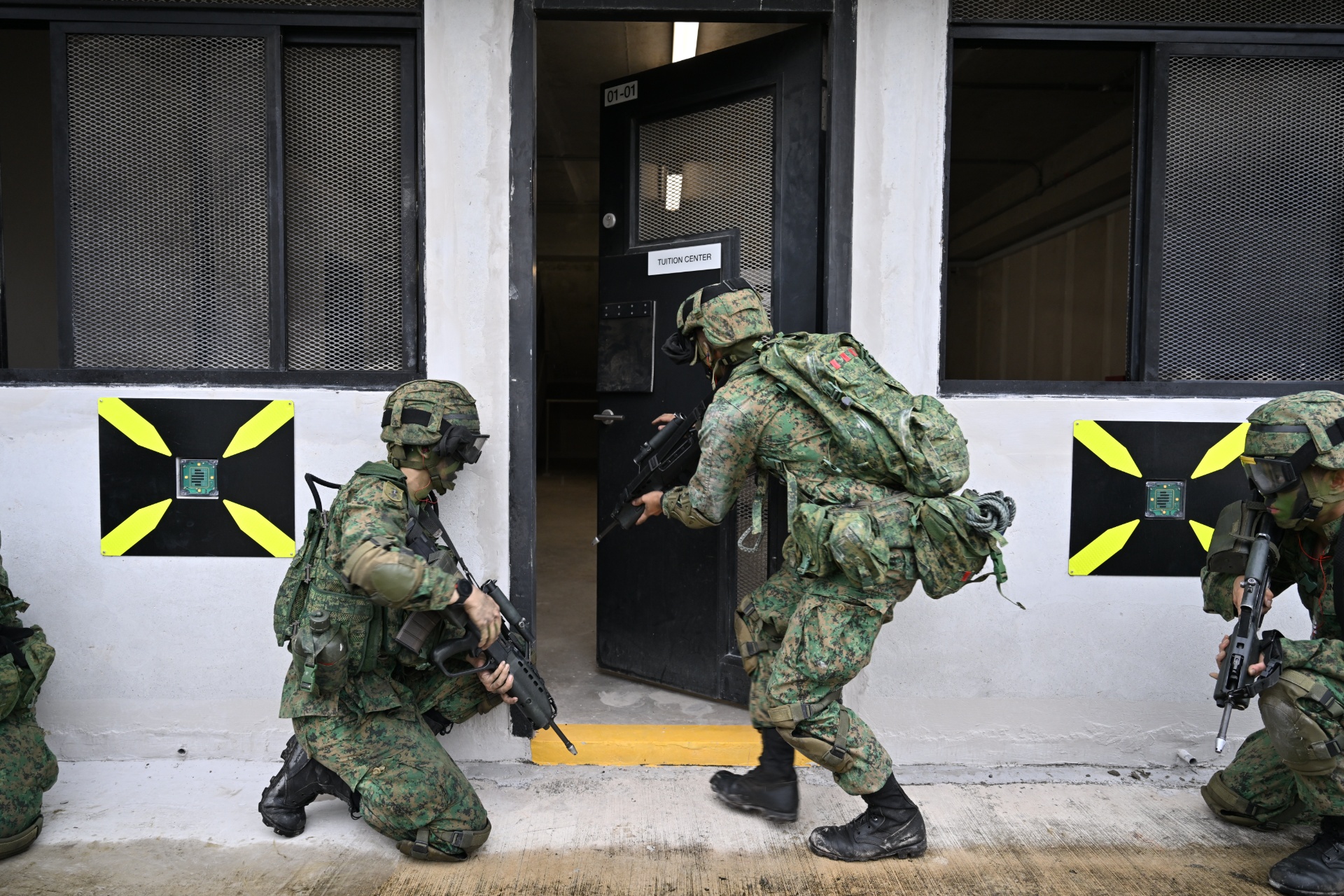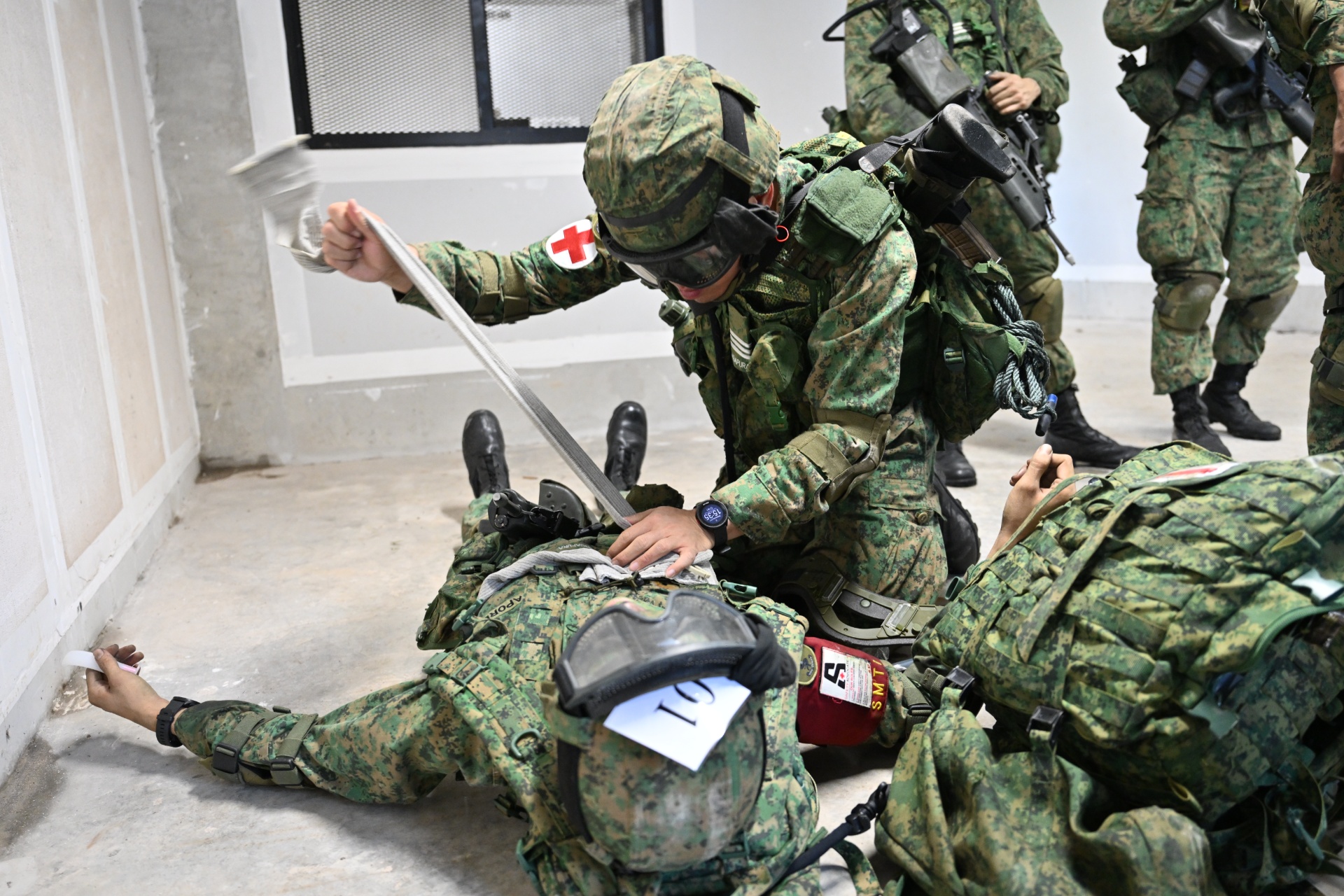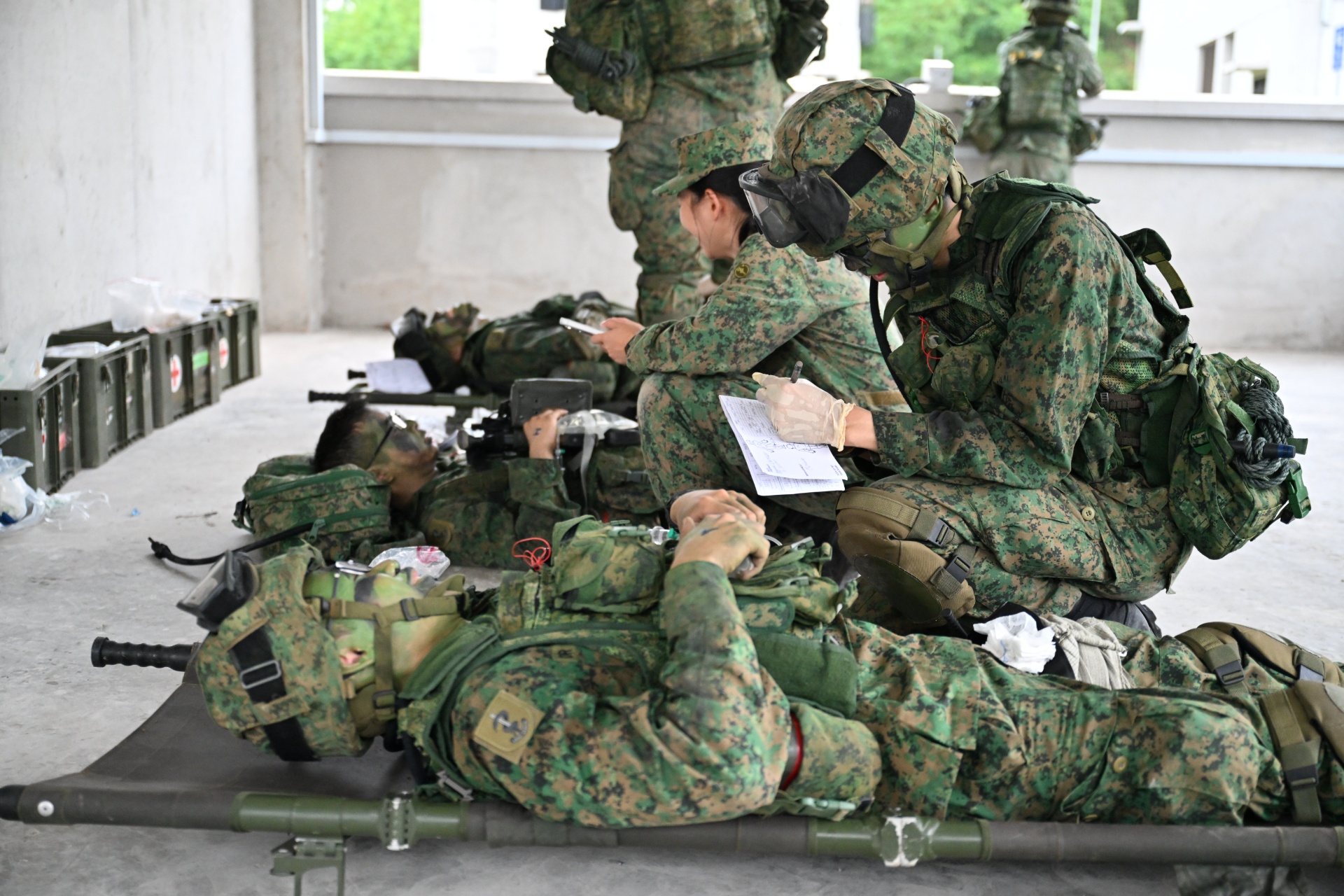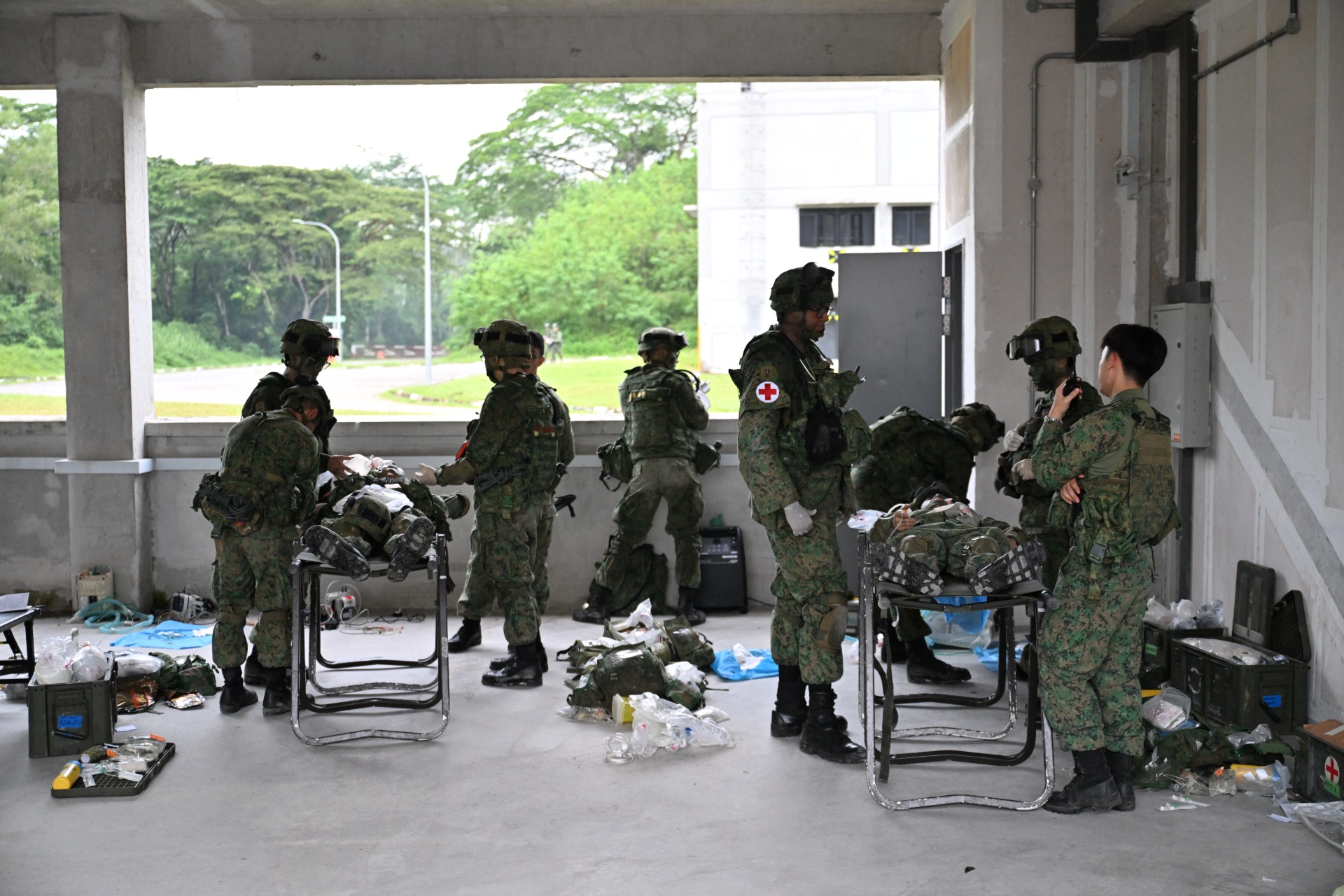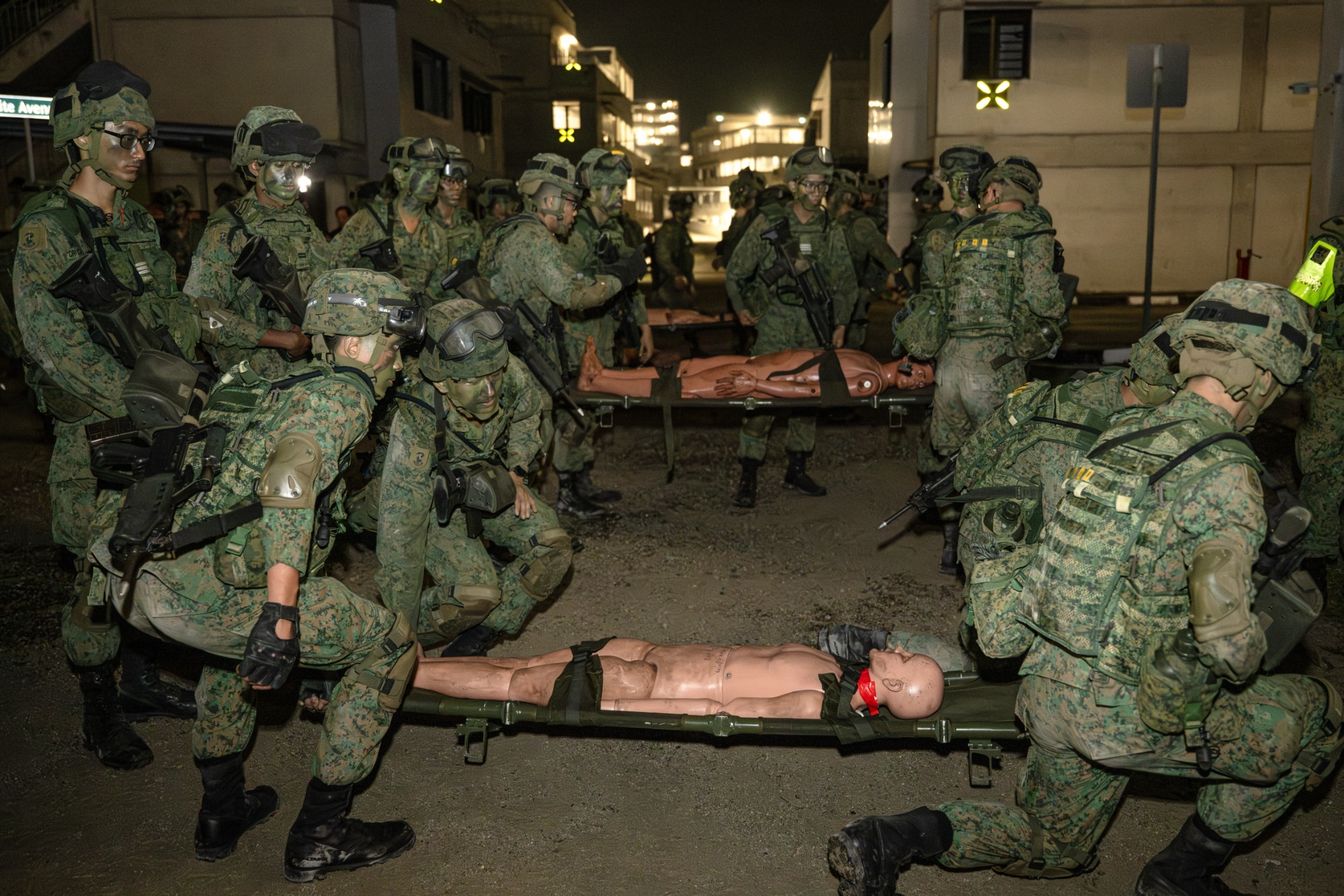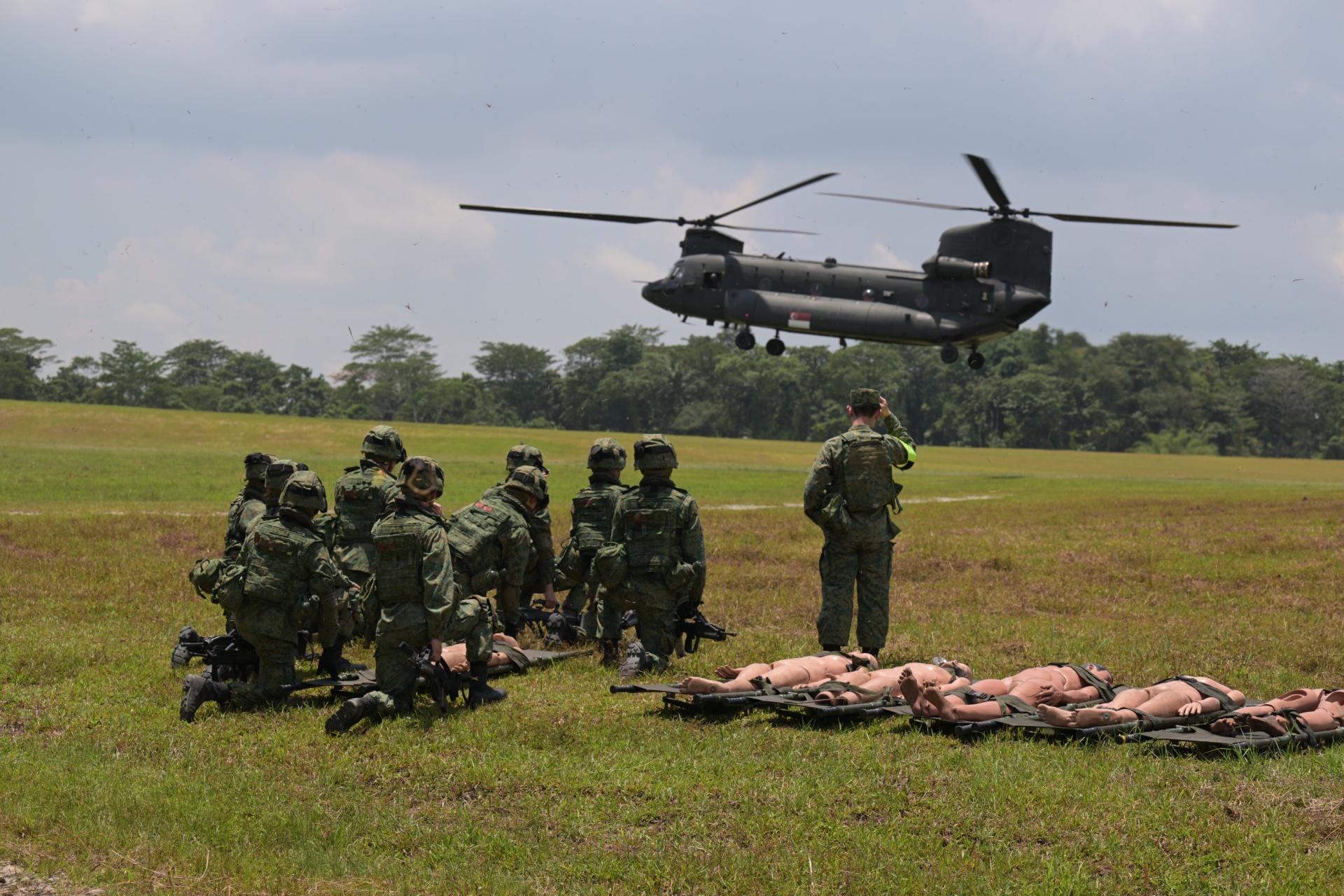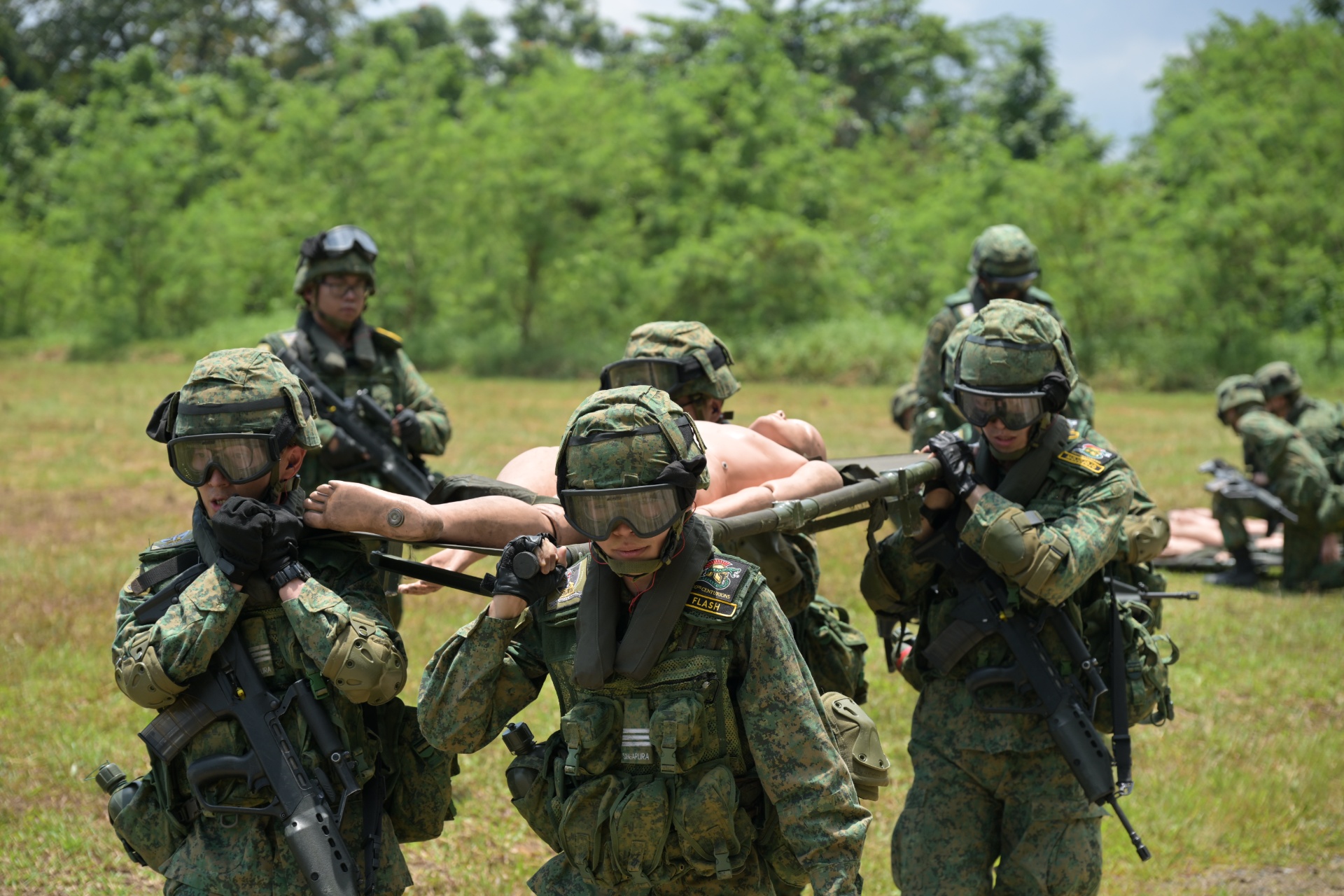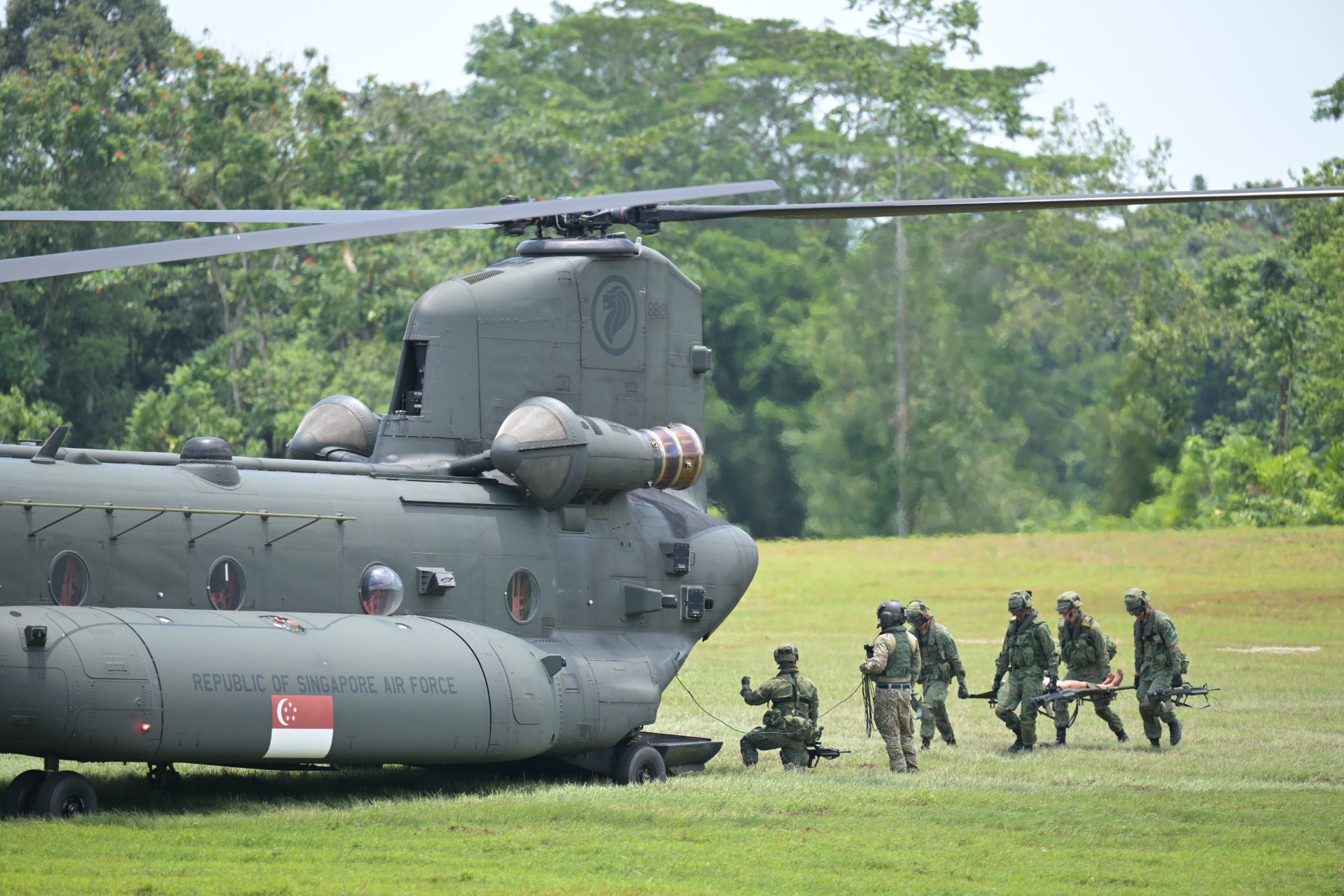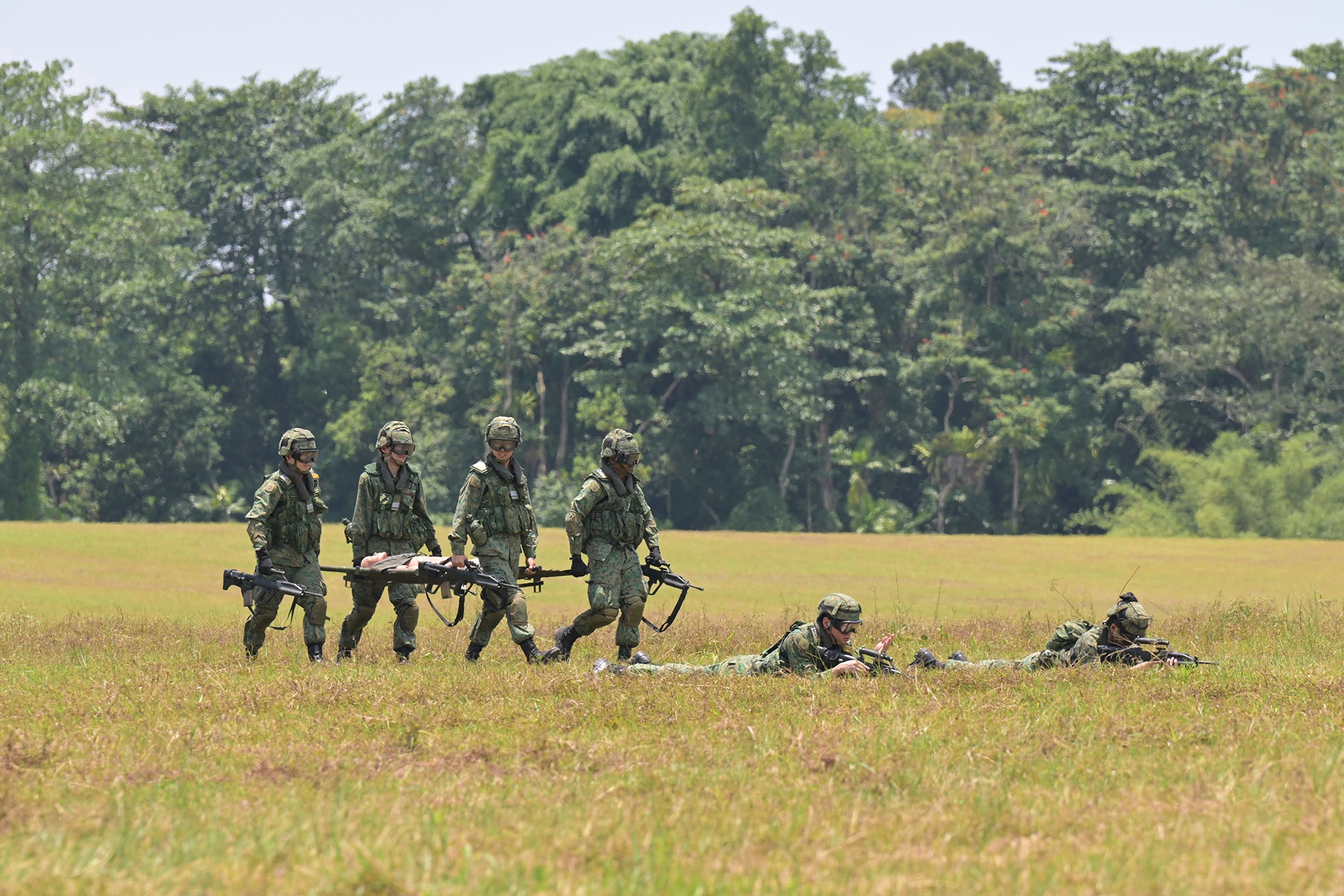MILESTONES
What it takes to become a medical officer
07 Oct 2025
This October, we celebrate the 100th batch of graduates from the Medical Officer Cadet Course. What does it take to become a military doctor? We uncover the highlights!
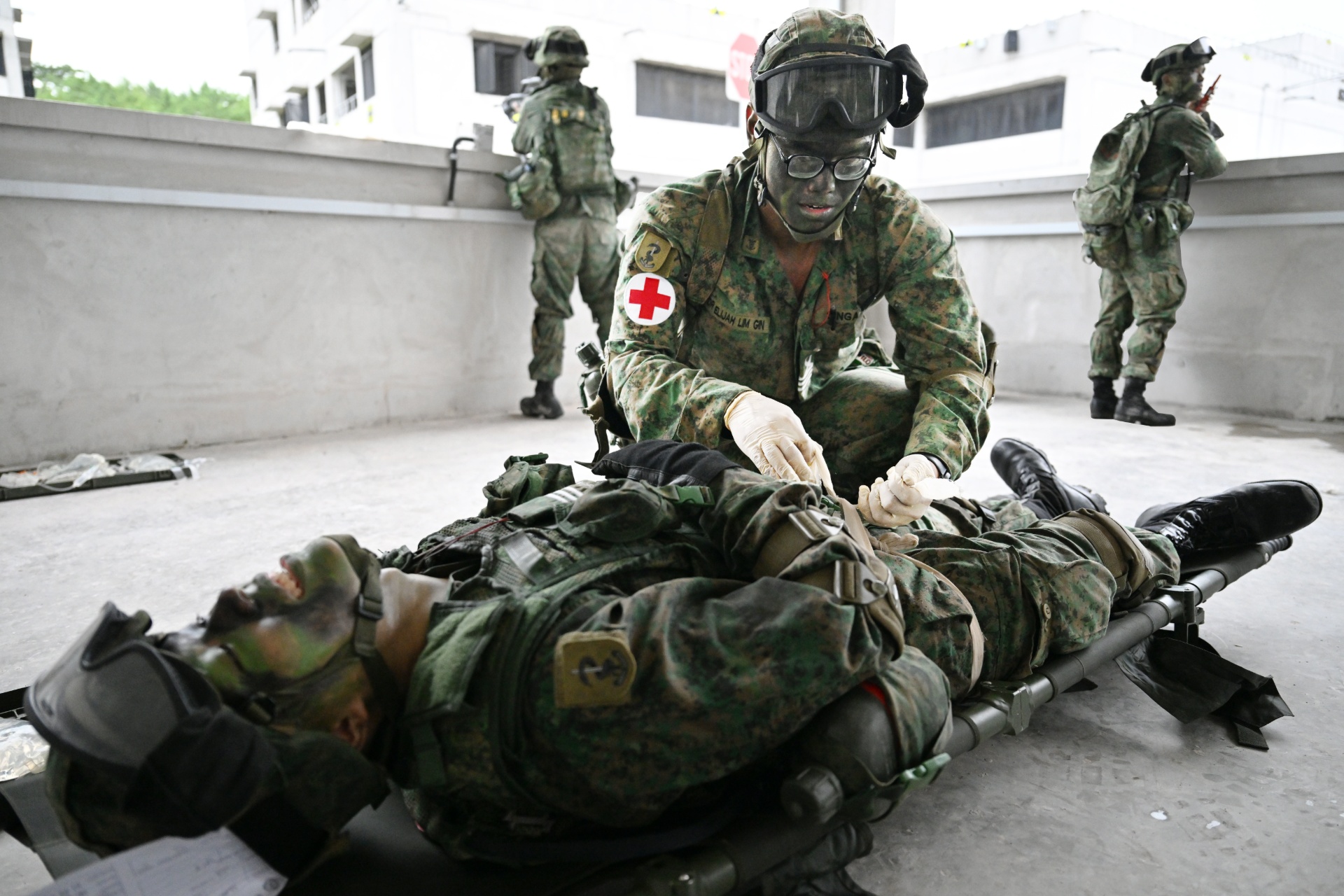
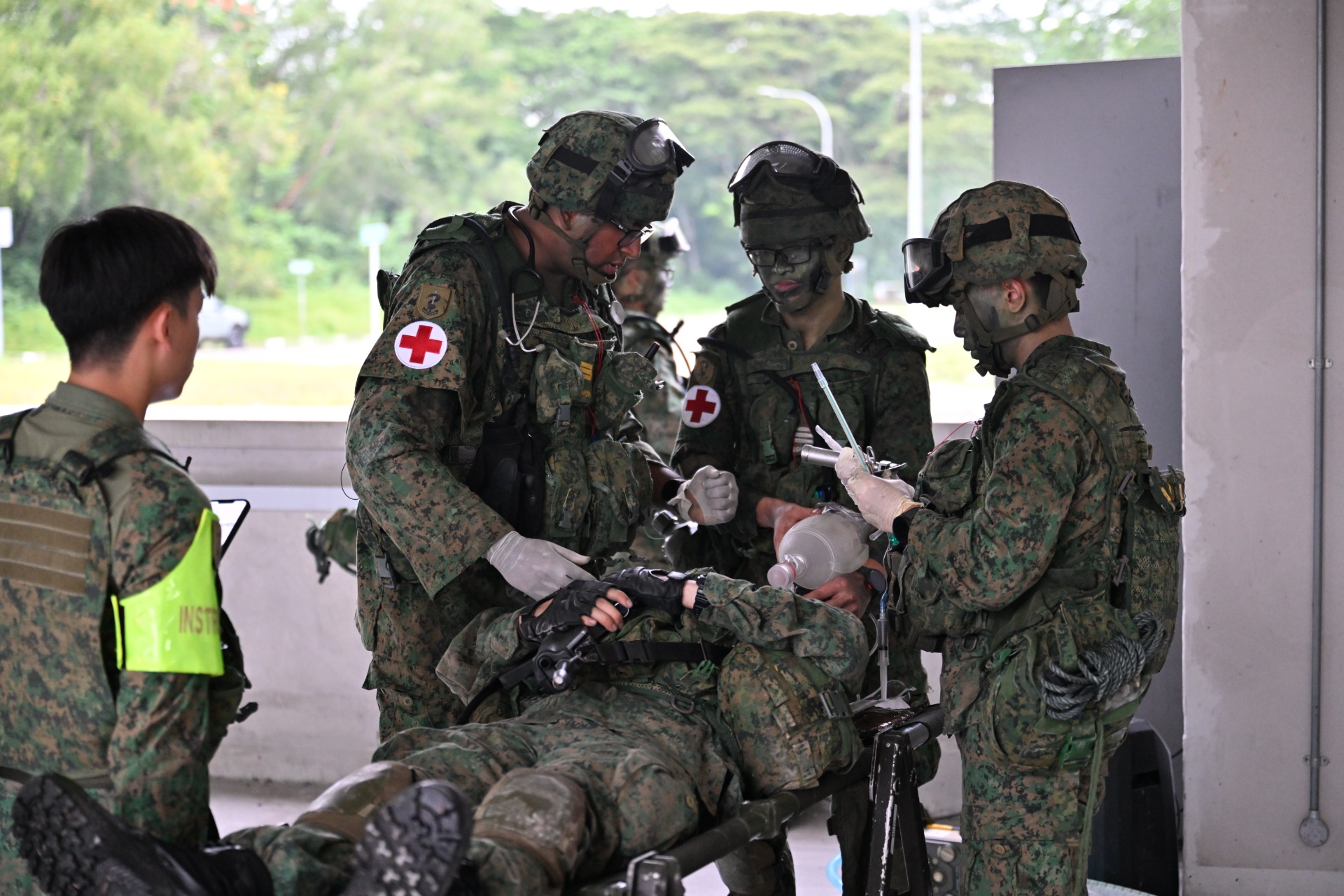
Out in the field or in the clinic – when you’re a military doctor, you’ve got to excel in both.
This was what the latest batch of cadets trained to become as they underwent the Medical Officer Cadet Course (MOCC) from 8 Jul to 7 Oct.
Tonight, 86 Medical Officers and 6 Military Medical Experts will graduate from the 100th MOCC!
Follow us as we capture the cadets in action through key highlights of the MOCC, from the 16km route march to urban operations training at SAFTI City, to helicopter casualty evacuation live training:
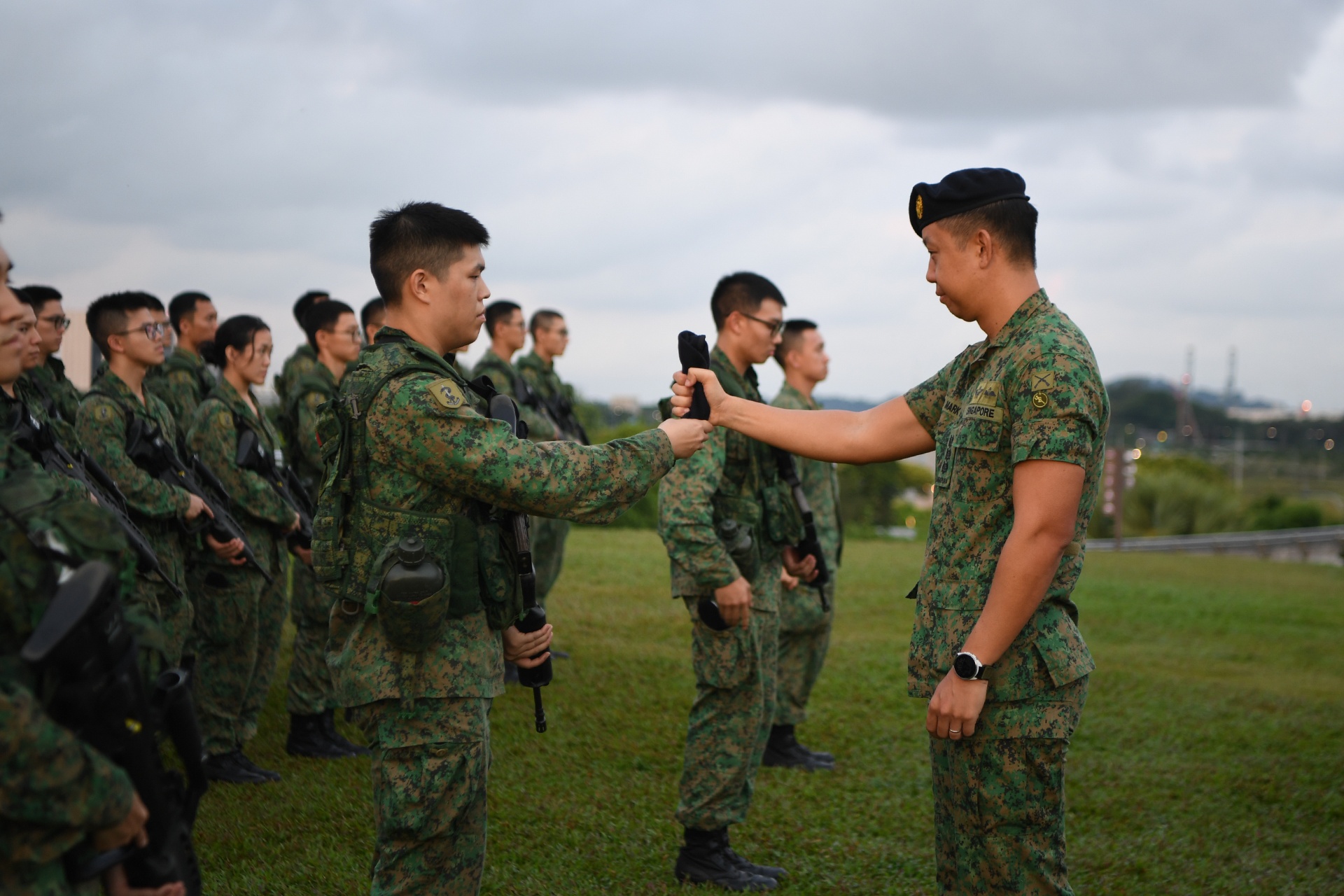
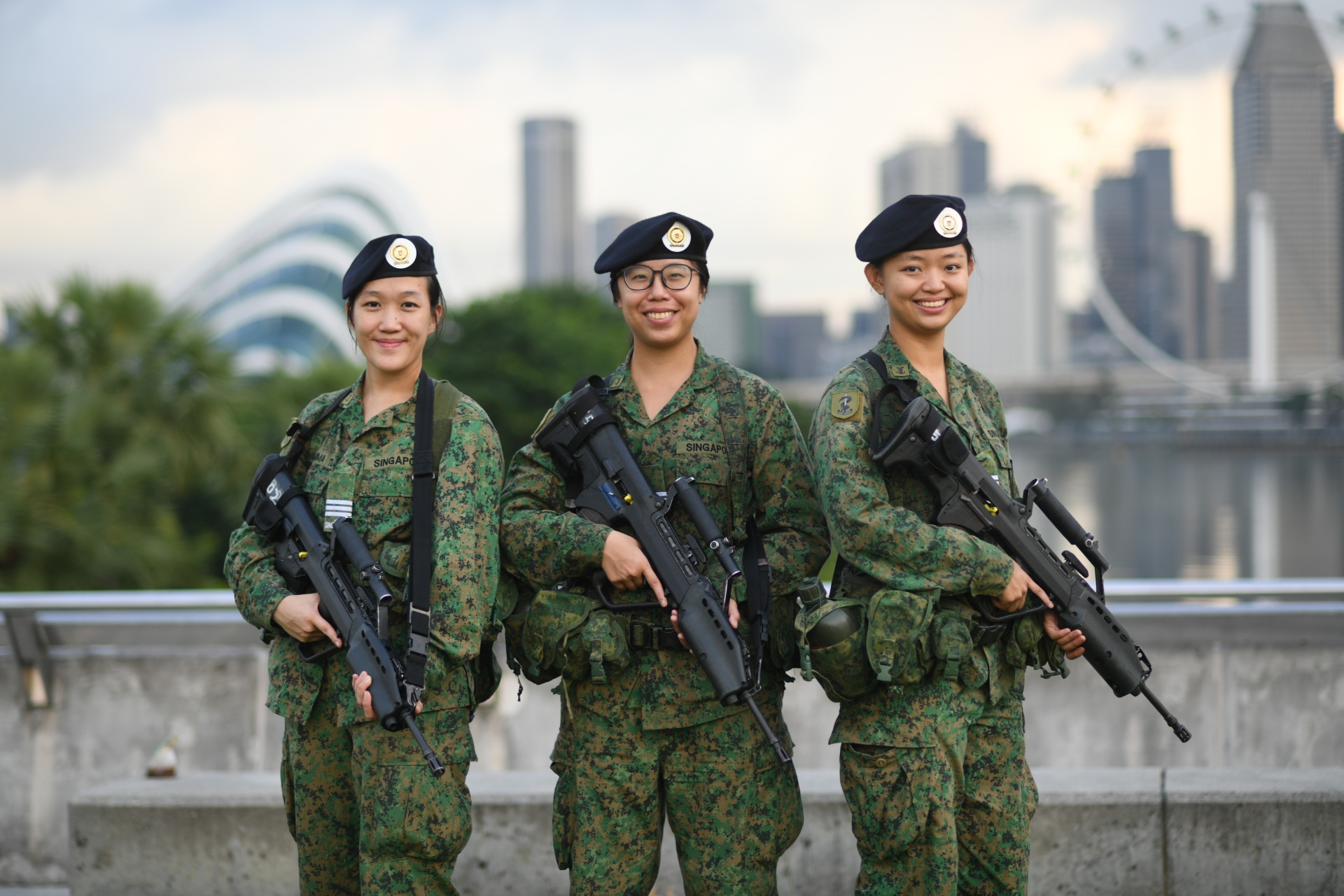

Speaking on the introduction of urban operations in this MOCC, Lieutenant Colonel (LTC) (Dr) Cheong Wei Lun noted that recent conflicts around the world underscore the gradual transition of combat to an increasingly urbanised environment.
The 36-year-old Commanding Officer of the Singapore Armed Forces (SAF) Medical Leadership and Advanced School also elaborated that urban operations often result in higher casualty rates than conventional operations.
“(This means) our SAF Medical Officers must possess rapid and adaptable thinking, critical situational analysis and decisive decision-making.”
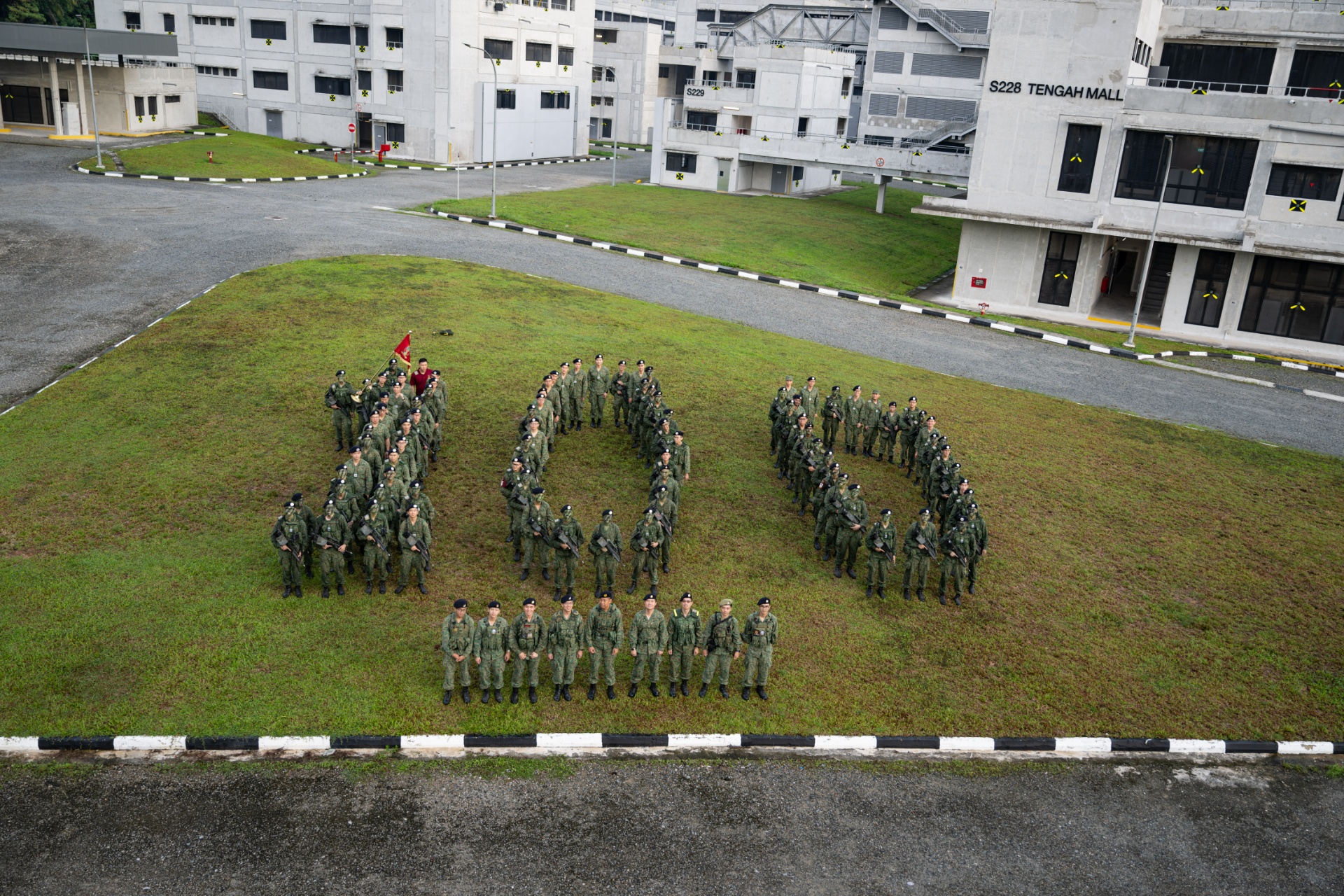
LTC (Dr) Cheong hopes that, beyond equipping cadets with the necessary skills, the MOCC will instill them with a fresh understanding of “a purpose greater than themselves – the vital need for commitment to our national defence”.
He added: “As we reach the milestone of 100th MOCC, it is also a celebration of the enduring legacy of professionalism and unwavering dedication of successive generations of SAF Medical Officers.”
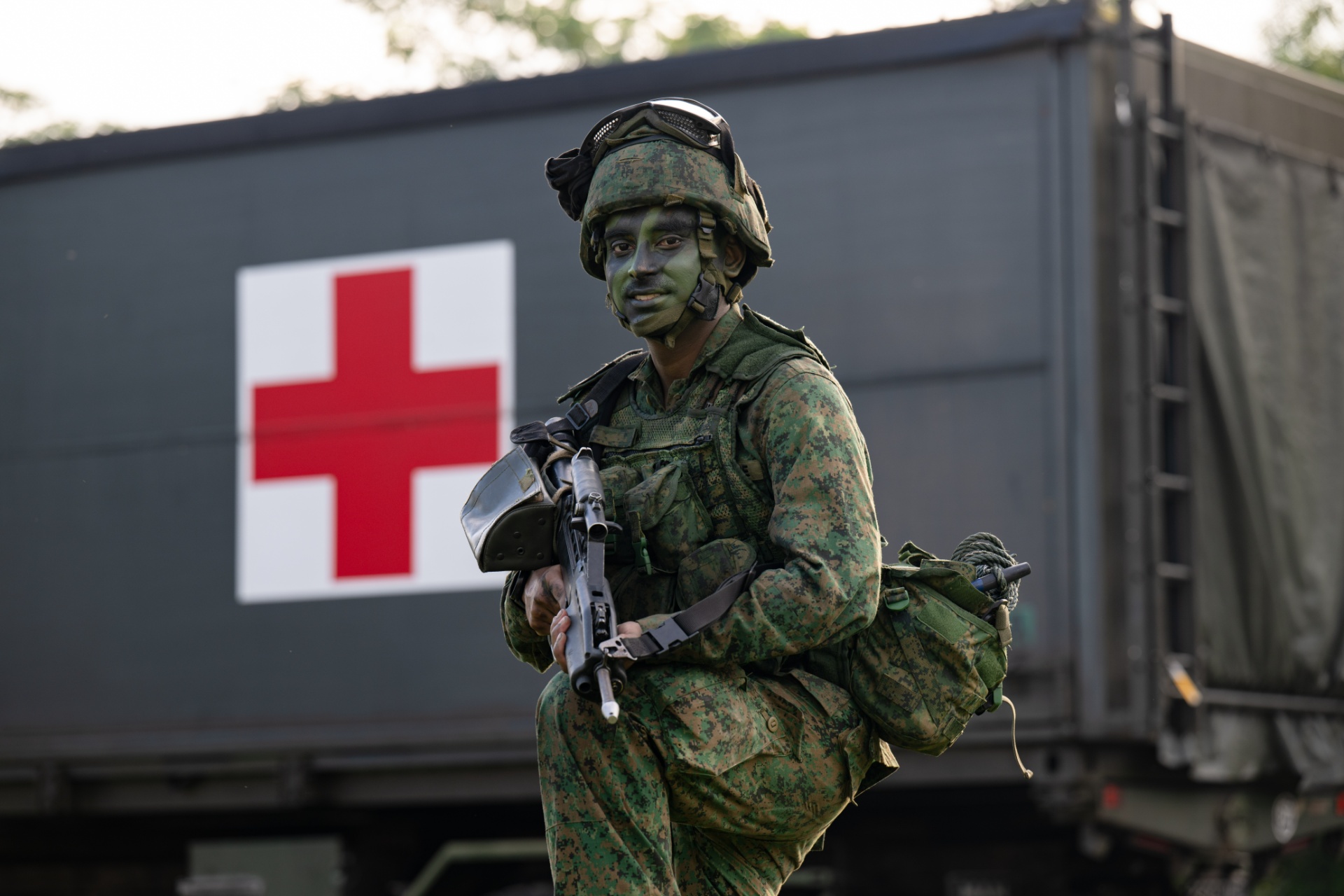
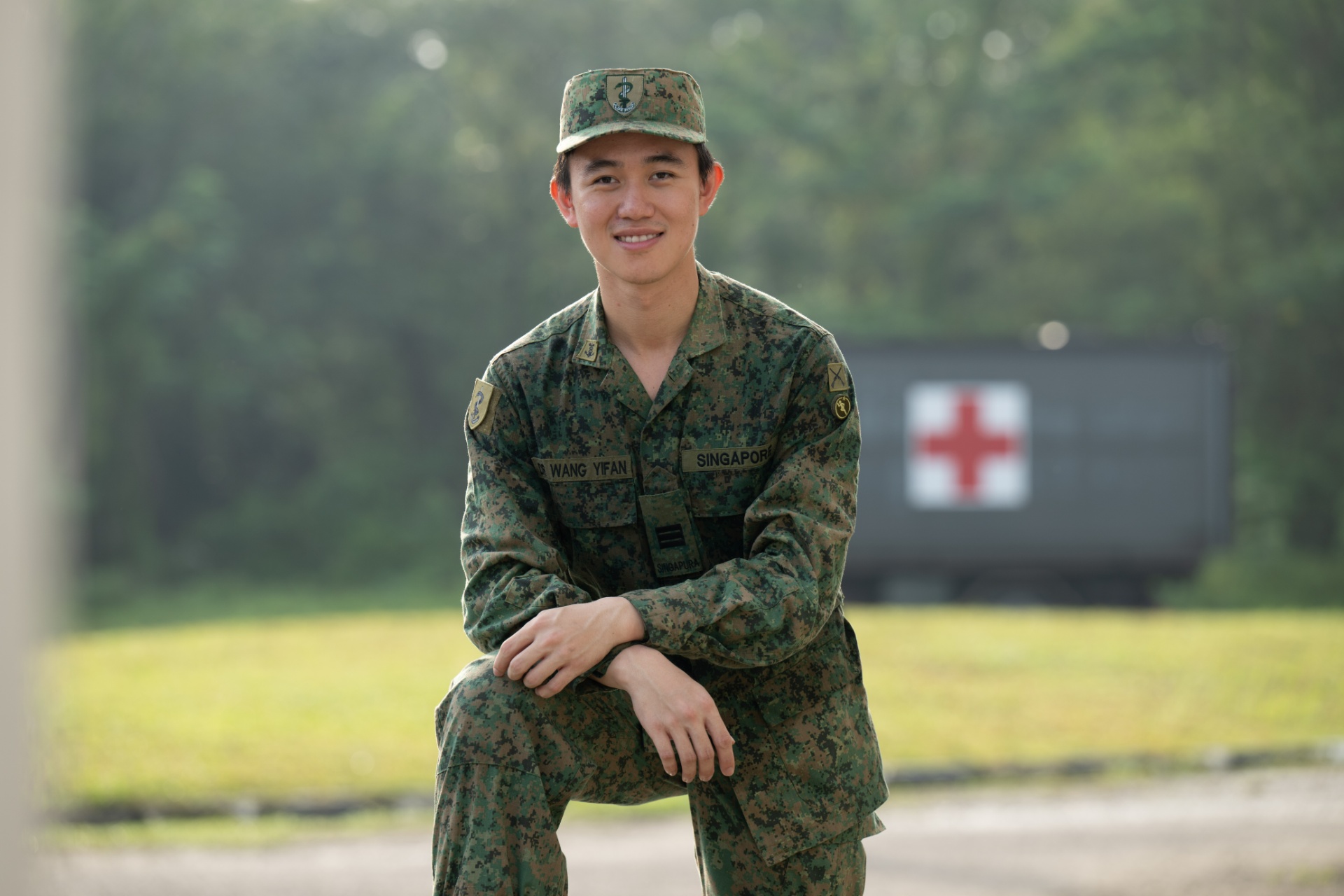
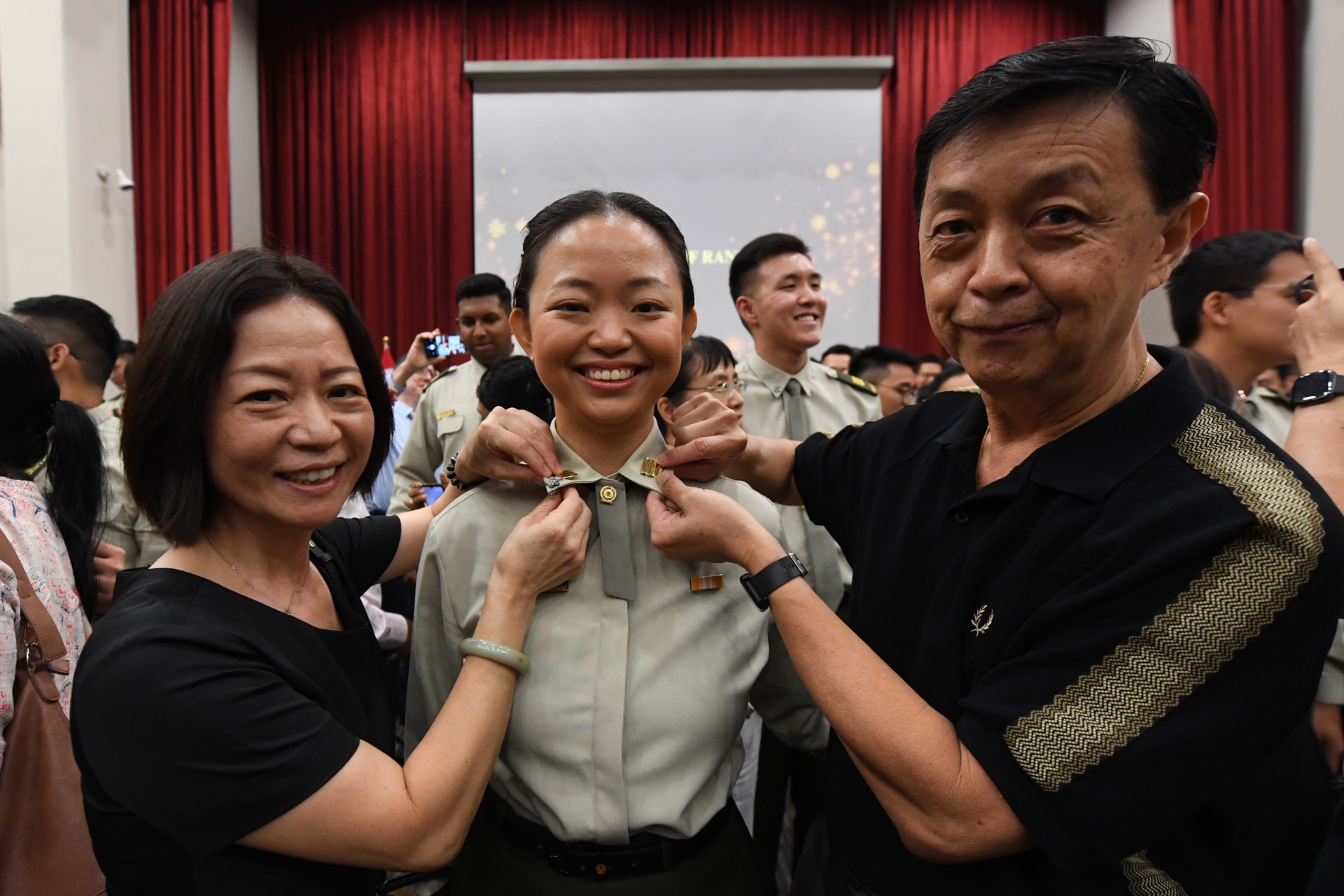
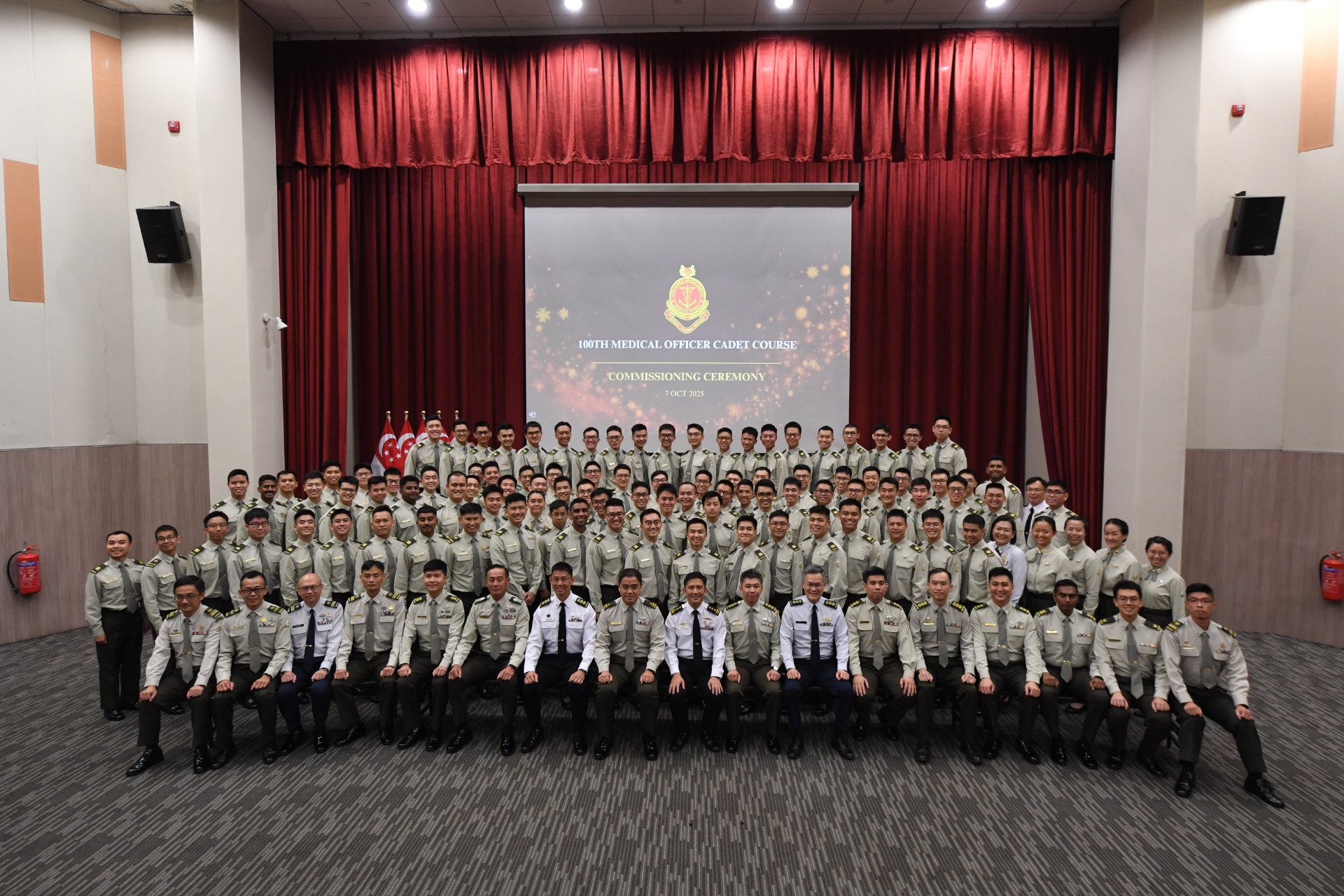
ALSO READ IN MILESTONES
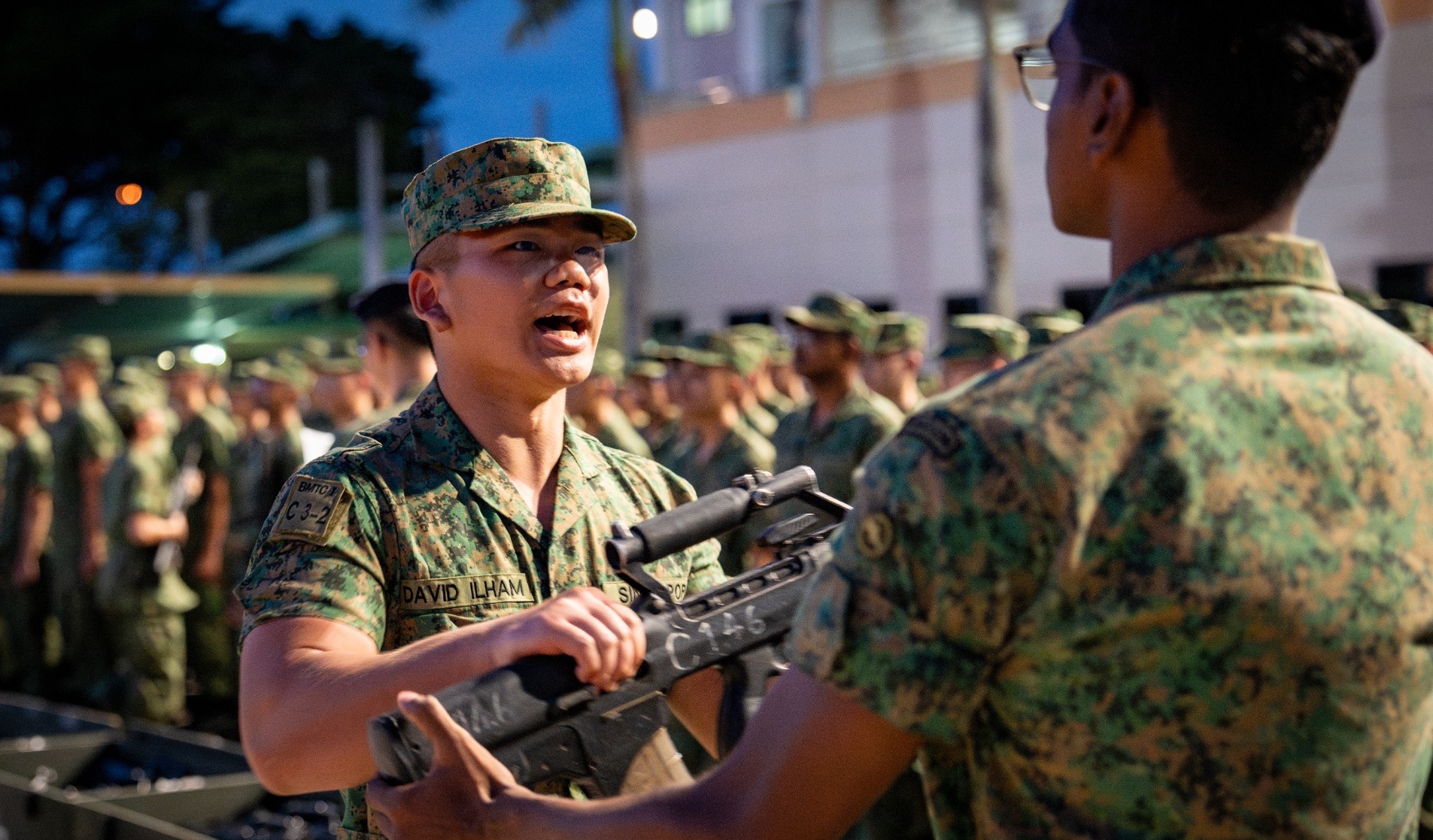
Answering the call to defend Singapore
21 Jan 2026
The Weapon Presentation Ceremony represents a powerful moment when recruits are entrusted with their rifle and begin carrying the weight of the nation’s defence.
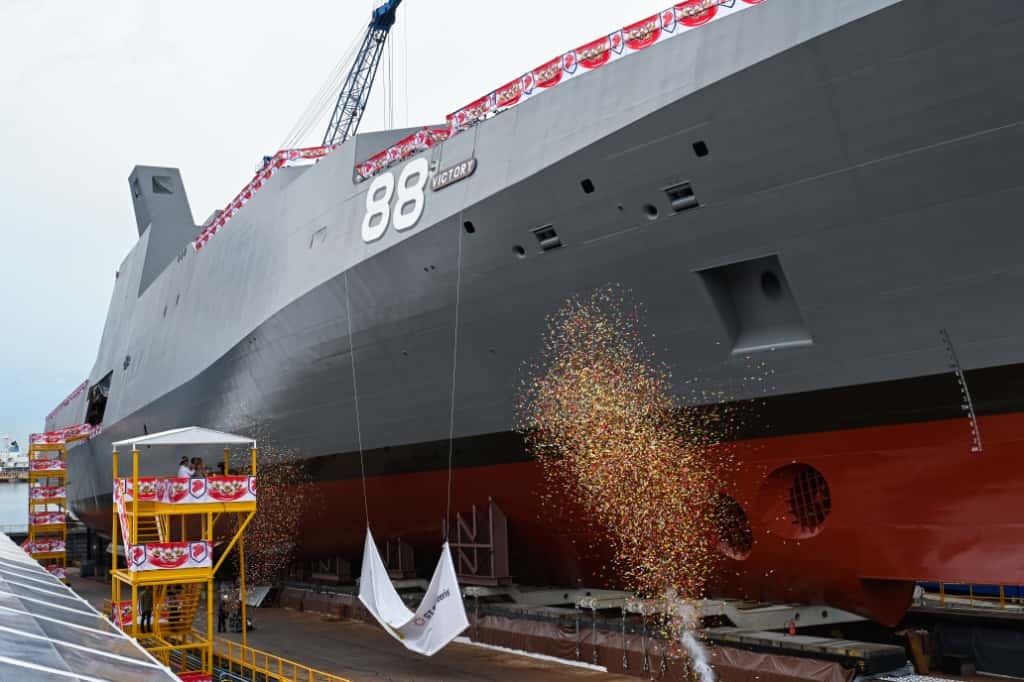
Navy launches 1st Multi-Role Combat Vessel
21 Oct 2025
The Multi-Role Combat Vessel will function as a mothership for the command and conduct of unmanned naval operations.
-dsc_2181.jpg?sfvrsn=cf9c6464_2)
What you need to know about the new CMPB
14 Oct 2025
The new Central Manpower Base (CMPB) at Bukit Gombak officially opened its doors on 14 Oct, welcoming pre-enlistees, servicemen and the public alike to a state-of-the-art, one-stop hub for all things National Service (NS).



